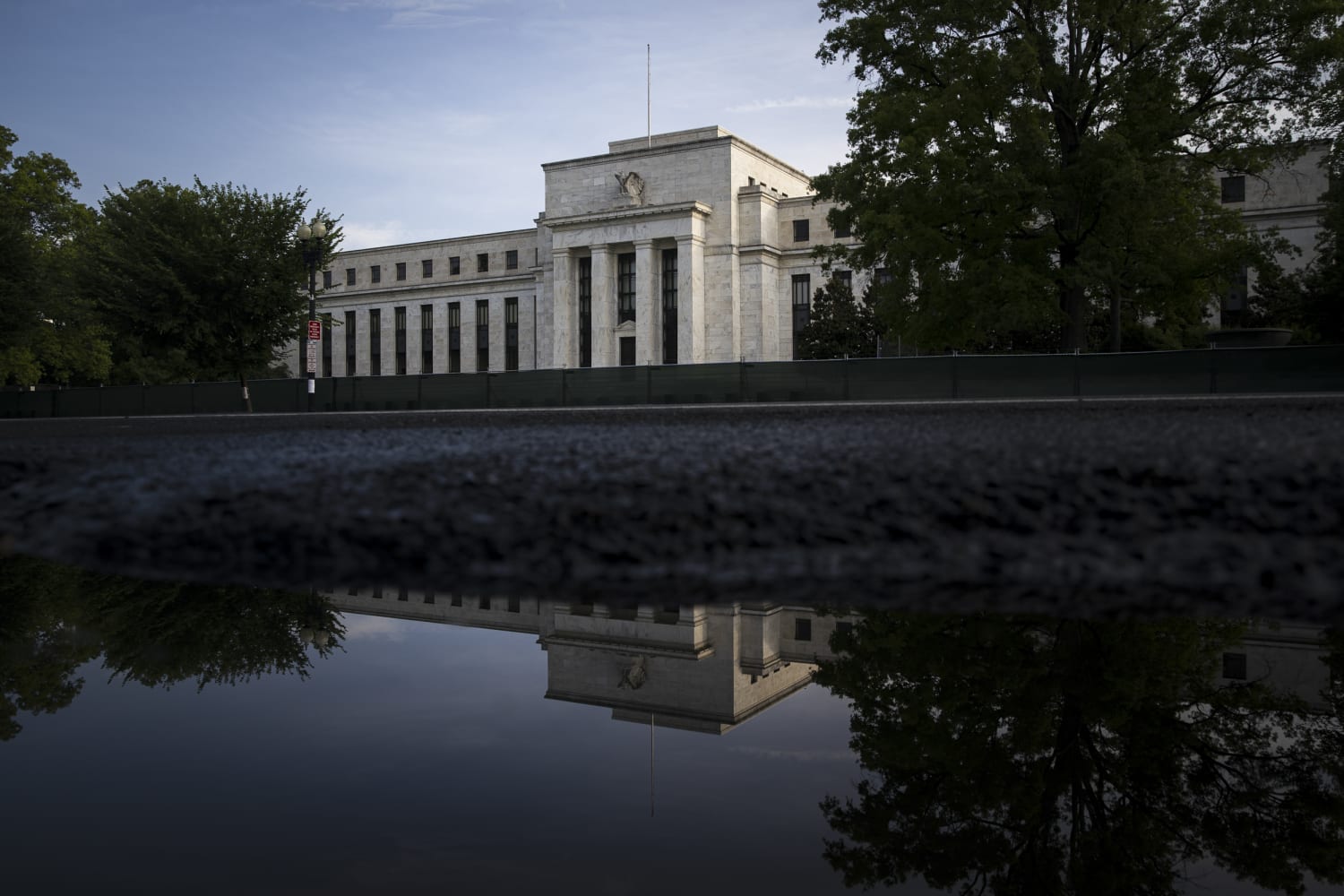The US Federal Reserve has launched a long-awaited service that will aim to modernize the country’s payment system by finally allowing ordinary Americans to send and receive money in seconds, 24 hours a day, seven days a week, the central bank announced Thursday.
FedNow, which has been in operation since 2019, will seek to eliminate multi-day delays that usually require cash transfers to settle, bringing the US in line with countries like the UK, India and Brazil, as well as the European Union, where similar services have existed for years.
FedNow is launching with 41 banks and 15 service providers approved to use the service, Including community banks and large lenders Such as JPMorgan Chase, Bank of New York Mellon, and US Bancorp, but the Fed plans to add more banks and credit unions this year.
The Fed said Thursday in a statement that 35 banks and credit unions are currently using the service, as well as the Treasury Department’s Office of Financial Services.
The service will compete with private sector real-time payments systems, including The Clearing House’s RTP network, and was initially opposed by major banks who said it was redundant. But since then many have agreed to participate on the understanding that FedNow will allow them to expand the services they can offer customers.
“For us, FedNow is really a great way to expand reach,” said Anu Somani, President of Global Payments and Embedded Payments at US Bank.
Unlike peer-to-peer payments services like Venmo or PayPal, which act as intermediaries between banks, payments made through FedNow will be settled directly into central bank accounts.
The Fed also operates a real-time payments system called FedWire, but this is for large-scale payments, mostly corporate payments, and only works during business hours. While the new FedNow system works for everyone, it is likely to benefit consumers and small businesses the most, the analysts said.
“We want our customers to take advantage of these capabilities, and we want that to be a competitive advantage for us,” said Carl Slabecki, global co-head of payments for treasury services at BNY Mellon.
Smaller banks, often connected to FedWire via larger lenders, encouraged the Fed to develop FedNow, arguing that it would allow them access to real-time payments without having to pay larger competitors for the service.
“Having the Fed in the space makes our members feel more comfortable meeting their needs, and that they will be treated fairly in terms of pricing,” said Lance Nagle, senior vice president of operations and senior regulatory advisor at Independent Community Bankers of America, a trade group.
FedNow will not charge consumers, though it’s unclear whether or not participating banks will pass on any costs associated with the service.
Democratic Senator Chris Van Hollen, who has urged the Federal Reserve to develop a real-time payments system, said in a statement that the launch of FedNow is “good news for American consumers and our economy.”
“Launching FedNow will help connect Americans to their money — when they need it, right away, in real time — and will save consumers billions of dollars annually,” he said.
Some market participants have raised concerns that FedNow could charge more than a potential bank it manages by facilitating rapid outflows from financial institutions, a fear that was amplified after the failure of a Silicon Valley bank earlier this year.
But the Fed officials have Minimize those fearsarguing that banks have tools available to mitigate the wave of outflows.
Initially, FedNow will have a maximum payout cap of $500,000, but banks can choose to lower that cap if necessary.
Reuters reports by Hannah Lang in Washington. Editing by Michelle Price and Andrea Ricci

“Extreme travel lover. Bacon fanatic. Troublemaker. Introvert. Passionate music fanatic.”







More Stories
Why did 860,000 XRP investors choose the altcoin this month?
More than 16,000 pounds of ground beef sold at Walmart recalled due to E. coli risk: NPR
New audit firm hired by Trump Media busted by SEC for 'massive fraud'